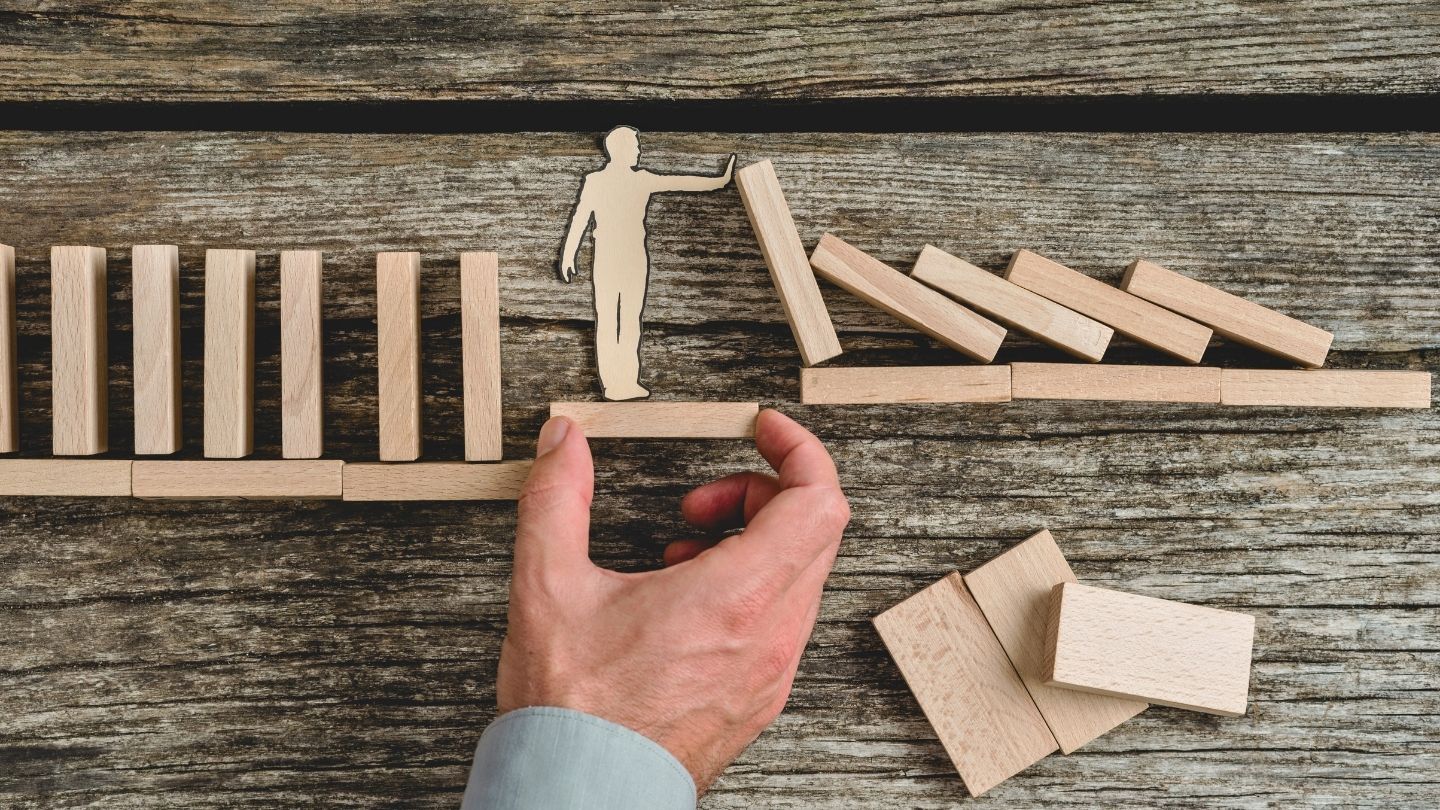Has there ever been an election where a politician hasn’t been walking around with doom and gloom predictions if you elect their opponent? While stress really doesn’t come primarily from our government, it seems to be channeled there and a representative proof of what we call anxiety wars! The other political party is in the way of our agenda, and we will bless our constituents with anxiety until we get our way.
These wars exist in many areas, from the government to marriage, from parents to children, and beyond. Life was never expected to be anxiety free, but it is not to be our standard mode of operation. Anxiety is inspired, but it doesn’t have to control us. We can influence our own minds. This article will take a look at effectively changing how we let external influences filter into our thinking and choices.
Healthy Anxiety
In the age of fake news, some people opt for no news. In communities and culture, it is also no surprise there are many among us who are seeking the option of no anxiety. Before we reject anxiety and try to live without it, we should understand what it is.
Anxiety is our brain telling us not to get distracted by something less important. A great example of this would be the siren on an ambulance or a fire truck. The sound they created was designed to create anxiety, to save lives. Mothers feel anxiety when their babies are crying. Speaking of being babies, as we learned to walk, most of us would fall. When we fell, it hurt. We learned that the sense of falling is associated with pain. It is common for us to feel anxiety when falling, even on a roller coaster we choose to ride.
When we read the news, read a novel, or watch a movie, the writers will use anxiety as part of the storytelling. If they don’t, then we label it boring. Apparently, anxiety is a cure for boredom. As we travel through our life story in the moment and in the journey, we don’t want to be over-bored or over-stressed. We may desire a different mix of the two in life, but it is not always something we can control.
Recycling Anxiety
Healthy anxiety can be lost seeking to prevent anxiety out of our control. When this happens, we can become a source of fuel to the external stresses that come back our way. Someone yelled at me, so what happens if I yell back? Is my part of yelling going to influence what comes my way in the future? While we may be victims, our actions can fuel future victim actions from those around us. My point here is not to excuse those who offend us but to encourage us to understand our response is part of the culture of anxiety.
So, when anxiety comes our way, it is wiser not to recycle the situation. Recycled anxiety rarely moves us toward good in our own lives. Some call this engaging in recycling collusion. We join in the practice of the thing that we despise. While some recycling is good, like composting from the kitchen for a garden, this is not something we should aspire to practice.
Releasing Anxiety
Let’s imagine for a moment we got better at listening and acknowledging. Understanding what a person says and why they feel some particular way doesn’t mean we agree. It means we understand. This sounds like a better first approach to anxiety over recycling.
We understand the old belief that what goes around comes around. If we use that as an excuse to recycle, then it may be the beginning of a long tennis match where the ball goes from my court to your court again and again. There is the alternative of compassion.
Compassion teaches us that individuals should be offered a chance to be human, but not evil. Other people have struggled as we do, or perhaps differently than we do. If something we do triggers others, kindness will consider grace an option to standing on principles that are primarily aimed to let me do and act the way I want to.
Compassion: how we see others beneath the surface of their imperfections
Grace: acting in a way to enable others to succeed
This is not a blank check for abuse by others or a cowering on our part. It is simply offering to others the same compassion and grace we would appreciate if we made their mistakes. Yes, that are mistakes based on the assumption we are right about their errors. If we are wrong about their errors, that compassion and grace may be what we want to come around if the error turns out to be our own.
That brings us to the third mindset we believe will shift the culture of anxiety. It is meekness.
Meekness: this is a learning opportunity for me
These things will make stronger culture from families to international relationships with other governments. No matter how much I know, we know more than me. Someone may try to take advantage of these mindsets, and we may have to adapt how we offer compassion and grace while engaging with meekness. What then?
In that situation, you will need a clear mind to understand and choose the right actions. You will want to avoid recycling the anxiety, and these three mindsets will be a solid foundation to work with. Without knowing the situation, we could not cite the right choice you may be facing in your own life. We do know the right attitudes will guide you and free you from the control of the artificial anxiety of others. This offers you a collusion free path to deal with any reality you cannot control without contributing to those challenges.
Key to Leadership
Others may not follow our example if we exit the recycling society of excess stress. It is also true nobody can follow where we are not examples. People are often afraid to serve, especially if they consider someone else unworthy. When we look at the three mindsets above, the concept of service does not mean we are subjective. It means we are compassionate. It does not mean we are weak. It means we are strong enough that grace doesn’t put our personal reality at risk.
Leadership can be an expression of the proud, but the meek are ready to learn and grow. If we believe failure is the bridge to success, then who do we want leading the way? Someone who has nothing to learn, or someone who validates what they know? Meekness is not believing oneself to be ignorant. It is believing there is room to grow and from unexpected resources.
Oh, don’t forget. You don’t have to be in authority to lead. You have to be an effective influence.
This leads us to the driving question on our site.
How will you influence your future today?




